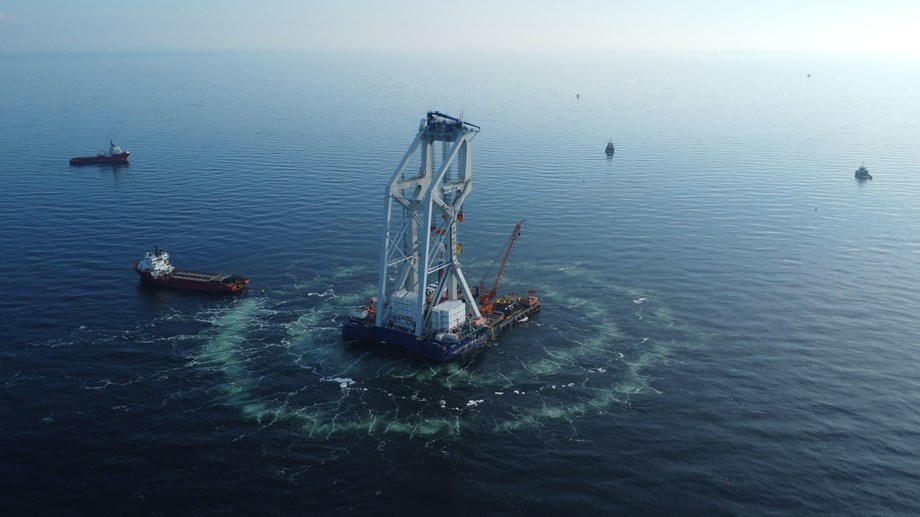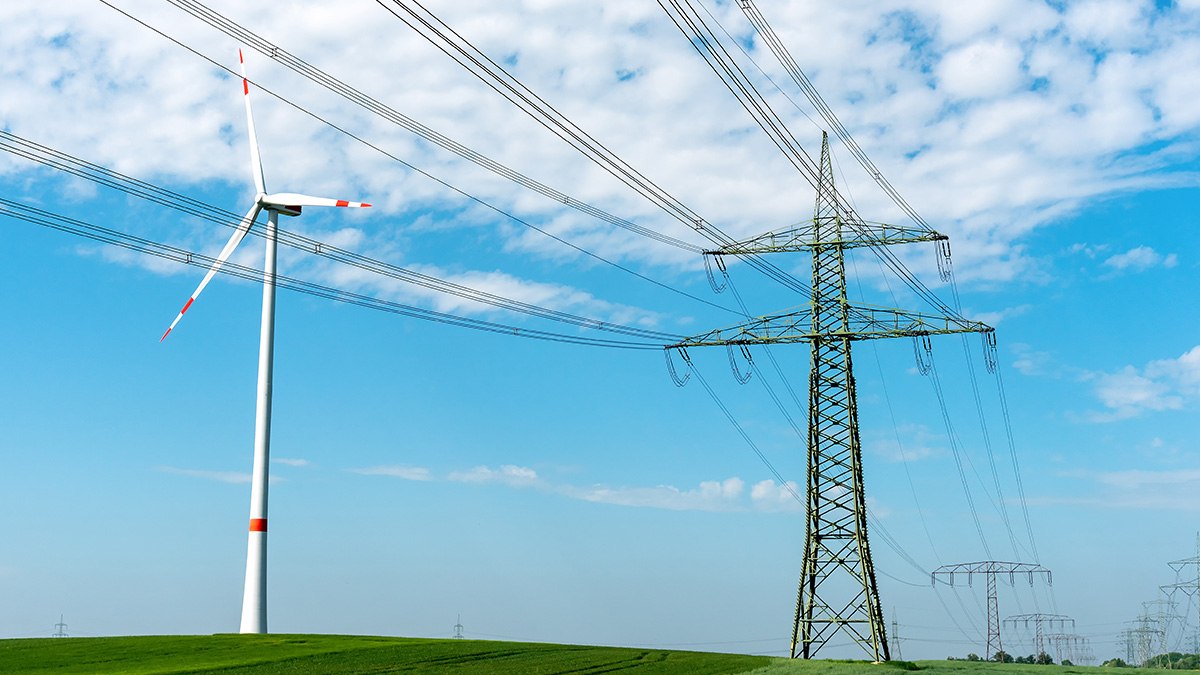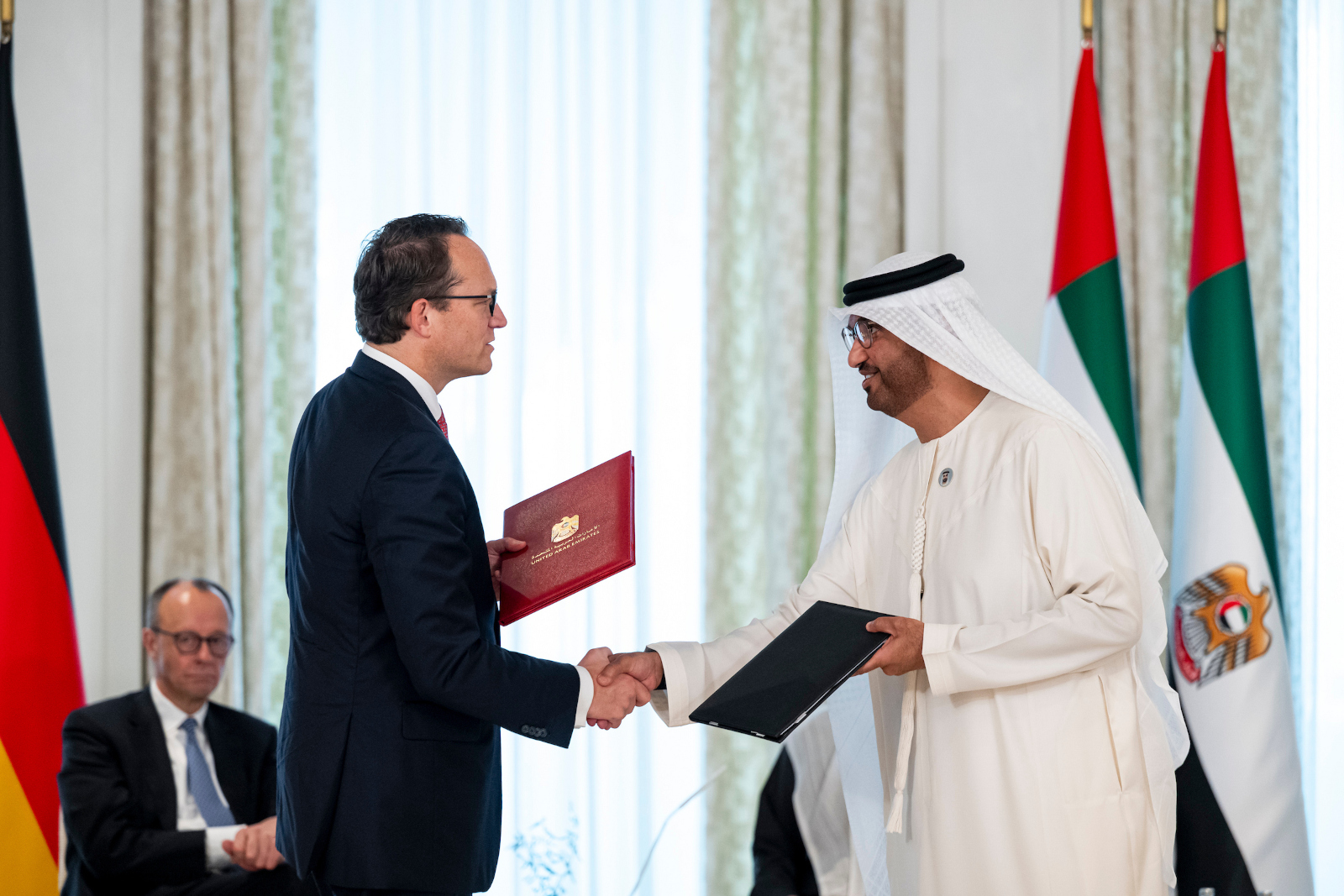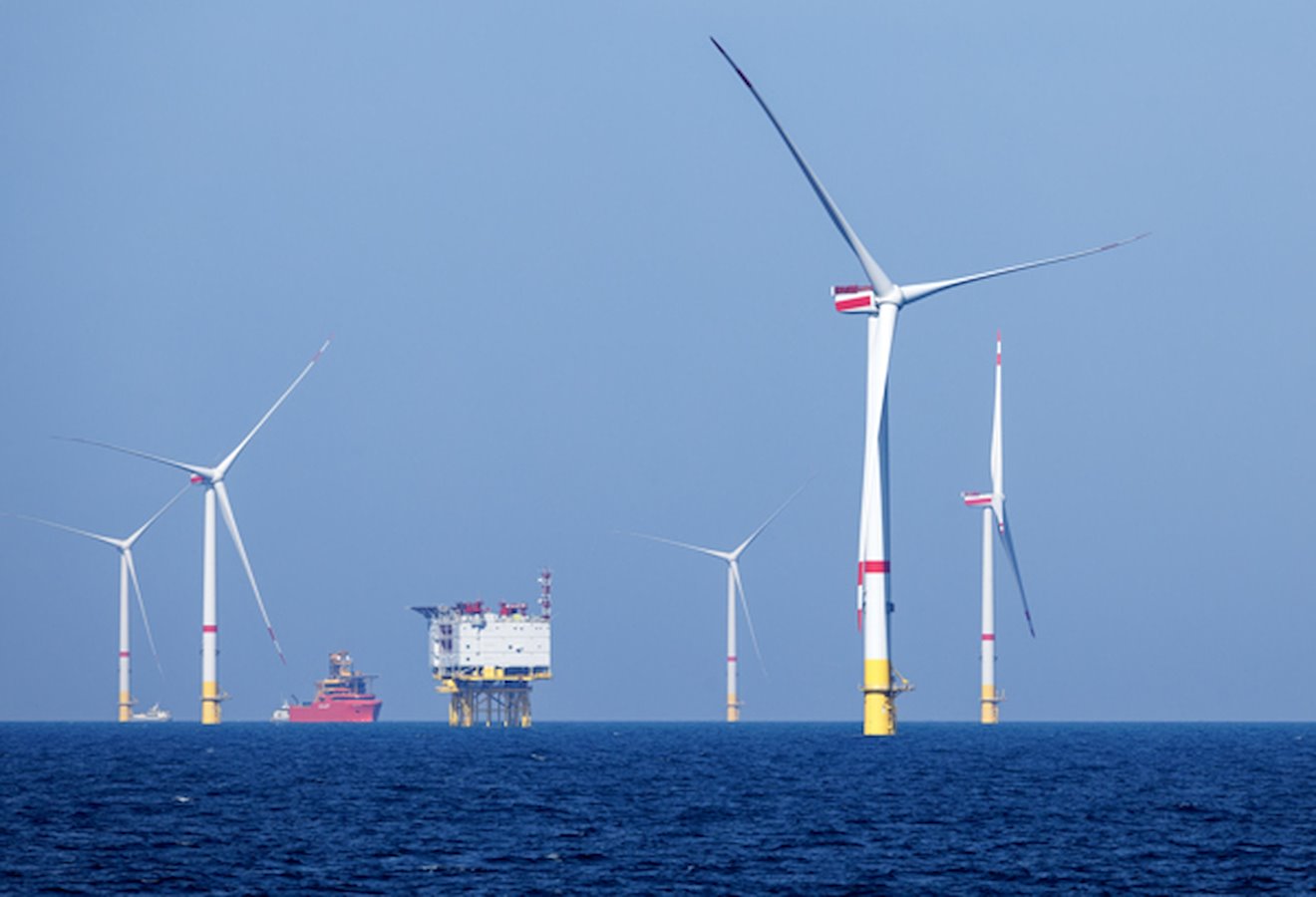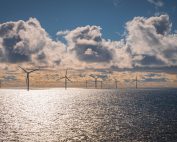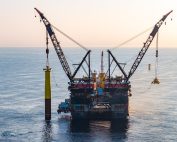Claude Turmes, Luxembourg’s Minister of Energy and Minister for Spatial Planning in a commentary for BalticWind.EU talks about the Baltic Sea’s potential for offshore wind energy. As he notes, there are challenges in building the transmission grid, but Poland, for example, can be a champion of offshore wind energy. Finland and Sweden, which have for long been reluctant to offshore wind energy, have now joined the game as they see that Denmark and Germany also see great opportunities in this area. Read BalticWind.EU special report on Electric City 2021.
During the Wind Europe Electric City 2021 conference, of which BalticWind.EU was a media patron, our team met with Claude Turmes, Minister of Energy and Minister of Spatial Planning of Luxembourg. He indicated in a comment that in his view the North Sea already shows that offshore wind will be a major player in the trade-off between climate change and affordable energy.
“The next big sea to move into that direction is the Baltic Sea. As a member of Parliament, where I was during 15 years, I always pushed this cooperation of member states around the Baltic Sea to the BEMIP project, which is basically the grid linking of the Baltic countries. We have two objectives. One is to help the Baltic countries desynchronise from the Russian power system. The second is to move out of coal and other fossils, into renewable”, pointed out Turmes.
Luxembourg is also observing the development of offshore wind energy and is undertaking cooperation in various fields.
“In Luxembourg, where I’m the Energy Minister, we have a cooperation agreement with Lithuania, one with Estonia and we are very interested also to participate as a landlocked country, in the offshore wind investments in the Baltic Sea, in the Baltic countries. For Poland offshore wind is a huge job opportunity, and a huge opportunity to keep affordable electricity for its industry. There are some challenges with grid building, but Poland can be a champion of offshore wind tomorrow”, he said.
Turmes added that even Finland and Sweden, which have for a very long been reluctant to embrace offshore wind are now in the game because they see from Denmark and Germany, who were the front runners of offshore wind in the Baltic Sea, that this is not only climate change, but it’s also good business.
“So the Baltic Sea will be with the North Sea, the place to be to move faster into offshore wind”, emphasised at the end of his comment for Baltic Wind.EU.
Denmark has decided to join forces through a strategic partnership with Luxembourg (in addition to Germany and Belgium) in building the world’s first energy islands. These landmark artificial islands off the coast of Denmark will be connected to hundreds of offshore wind turbines that will provide carbon-free electricity to millions of European households. The innovative initiative confirms Luxembourg’s commitment to the development, investment and consumption of offshore wind energy in Europe.


